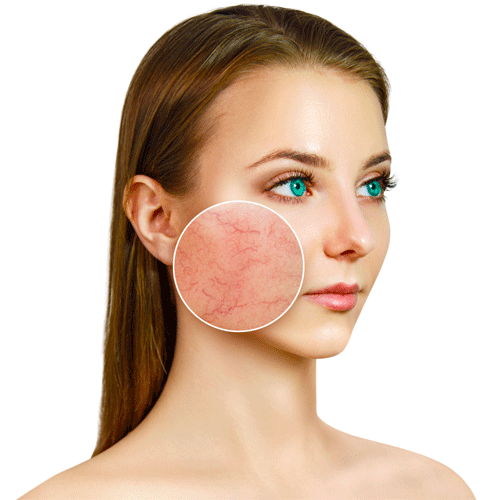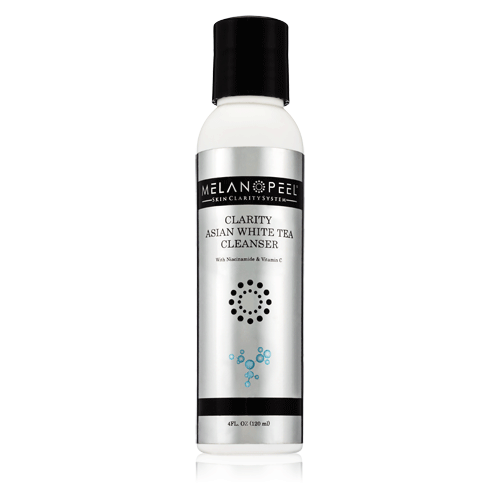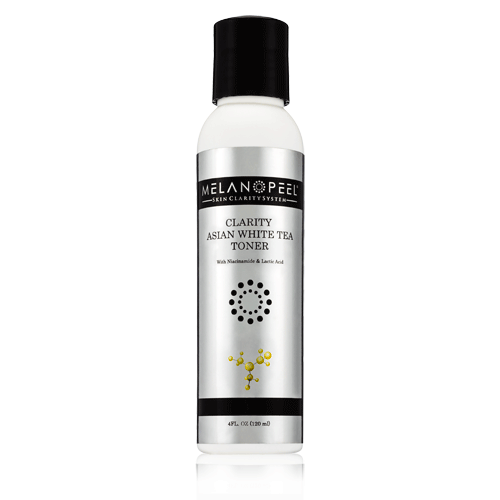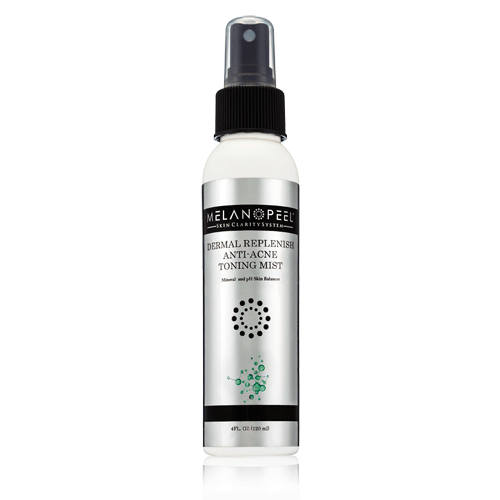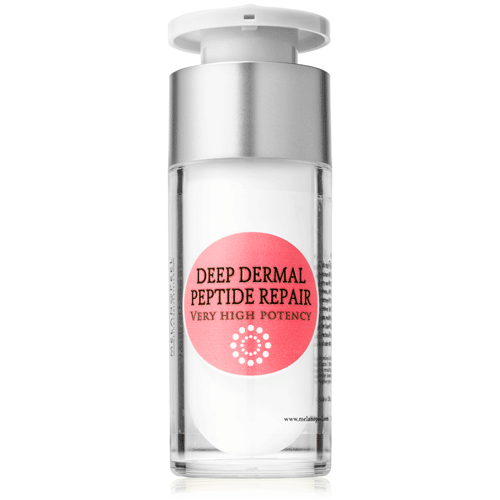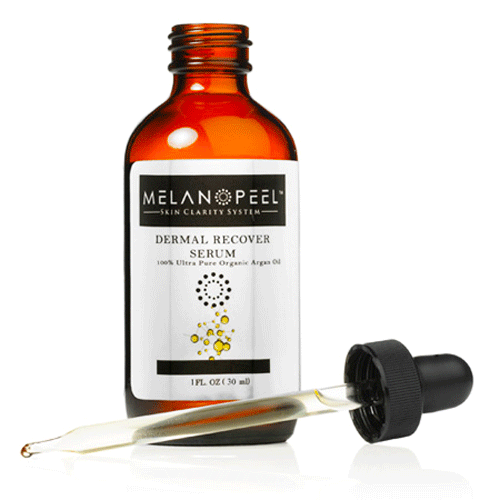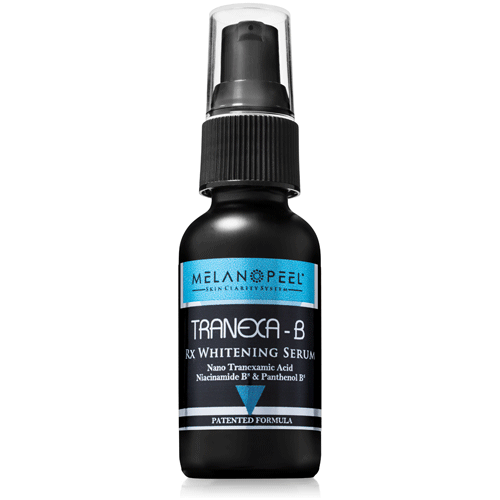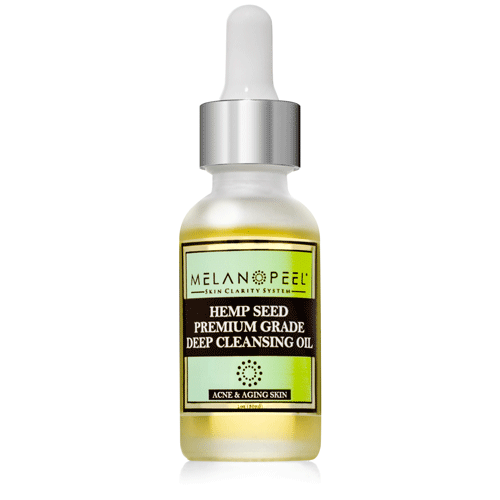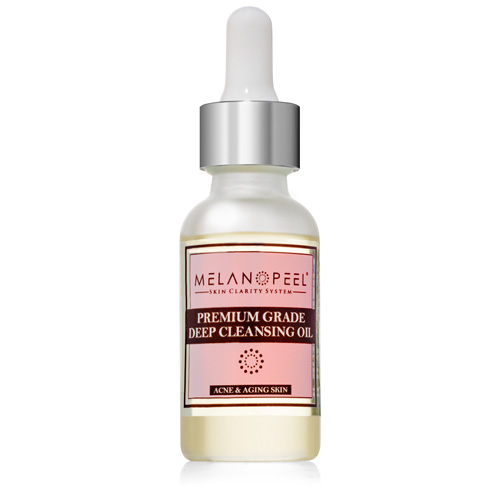What causes sensitive skin and how to treat?
Sensitive skin is does not refer to a medical condition, but is rather a term commonly used to describe a skin type which has reduced tolerance to the application of skincare products like makeup, creams or soap.
Skin sensitivity is often a sign of a damaged skin barrier membrane. This can occur either by medical conditions and genetic skin abnormalities, or induced by your skin care regime.
Almost half of the population at some point has suffered from some form of temporary skin sensitivity. When a person always has chronically sensitive skin, this is a sign that skin is diseased, and in need of regular dermatological medical skin management to avoid adverse reactions.
You can encounter transient skin sensitivity problems that show up as irritation, flushing, flaking and touch sensitivity.
Typically, the signs of sensitive skin include:
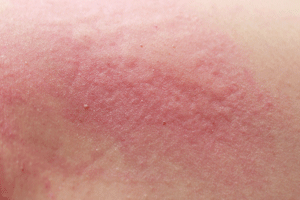
- Visible redness on your skin
- Skin flushing
- Itchy and blotchy skin
- Experiencing stinging sensations while using skincare products
- Reacting to touch and environmental changes
Sensitive skin can be a symptom of a medical skin conditions. There are a number that can contribute to skin sensitivity, and they should be managed by your dermatologist.
Medical conditions contributing to skin sensitivity include:
- Excessively dry skin (xerosis due to genetic abnormalities)
- Contact urticaria (hives)
- Physical urticaria and dermographism
- Eczema or dermatitis of any type
- Allergic contact dermatitis
- Irritant contact dermatitis
- Aquagenic pruritus
- Photodermatosis
Other than above-mentioned medical skin conditions, that are other localized contributors that may make your skin temporarily more sensitive.
Other factors that can cause dry skin include:
- Over-exfoliation
- Stress
- Rosacea
- Hormonal changes
- UV light
- Blue Light
- Smoking
- Alcohol consumption
- Harsh skincare ingredients
- Poor diet
- Lack of sleep
- Some medications
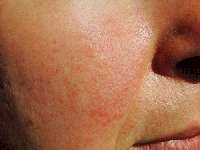
Although, managing transient sensitive skin might be tricky, it can usually be managed by helping to repair a weak and unhealthy barrier membrane and ensuring that your skin’s microbiome is in good balance.
Your Melanopeel® skin care regime may include a period on skin acclimatization where you skin gets worse before it becomes better. At this point you are most likely to experience temporary sensitivity usually from hydroxy acids and retinoids.
Your management of skin sensitivity centers on:
- Restoring and retaining moisture to the affected area to help alleviate dry skin.
- Replenishing lipids and ceramides to your barrier membrane.
- Promoting your healthy skin’s natural moisturization factor.
- Creating a healthy balance of your skin’s microbiome layer.
Your Melanopeel® sensitive skin list includes soothing anti-inflammatory ingredients that heal your barrier membrane – niacinamide, tranexamic acid, hyaluronic acid, aloe vera, Asian white tea, hemp seed oil, argan oil, peptides & ceramides.
White Tea Cleanser White Tea Toner Replenish Toning Mist Deep Dermal Peptide Repair Dermal Recover Serum Tranexamic Niacinamide Serum Hemp Seed Cleansing Oil Premium Deep Cleaning Oil


